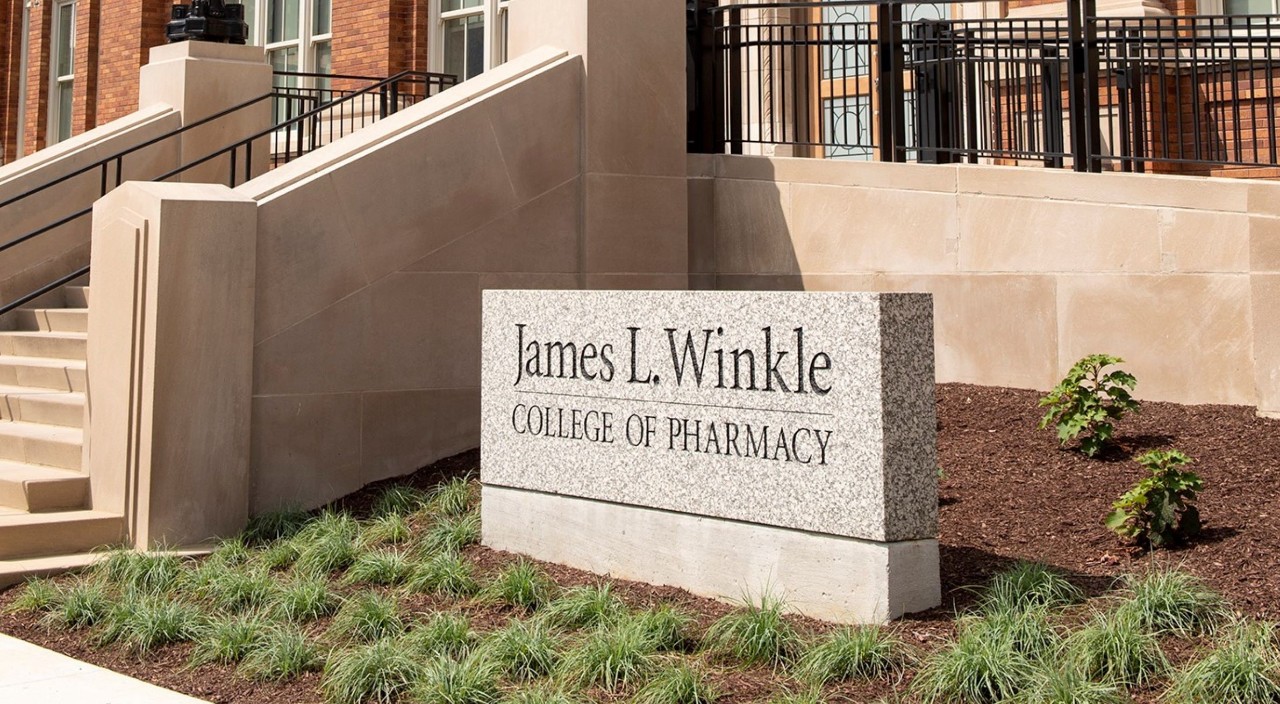
HuffPost: Things you didn't know pharmacists could help with
Pharmacists are there for patients to fill prescriptions and answer questions about medications, but they also can help patients in a number of additional ways.

Michael Hegener, PharmD. Photo/University of Cincinnati.
Michael Hegener, PharmD, director of the Wuest Family Pharmacy Practice Skills Center and associate professor of pharmacy in the University of Cincinnati's James L. Winkle College of Pharmacy, told HuffPost that beyond discussing possible side effects, pharmacists can help optimize medication schedules and plans for patients.
“[Pharmacists] are aware of the detailed differences among medications and have a working knowledge of disease processes, which enables them to recommend ideal therapies based on patient-specific factors,” he said.
Hegener said that depending on which state you live in, your pharmacist may also be able to dispense certain medications without a doctor's visit.
Pharmacists nationwide can provide naloxone, the lifesaving medication that can reverse the effects of an opioid overdose, without a prescription.
“Currently, every state permits pharmacists to do this via various mechanisms,” Hegener said. “In most, all a patient or caregiver needs to do is ask a pharmacist for it.”
Featured photo at top of exterior of Kowalewski Hall. Photo/University of Cincinnati.
Related Stories
Love it or raze it?
February 20, 2026
An architectural magazine covered the demolition of UC's Crosley Tower.
Social media linked to student loneliness
February 20, 2026
Inside Higher Education highlighted a new study by the University of Cincinnati that found that college students across the country who spent more time on social media reported feeling more loneliness.
Before the medals: The science behind training for freezing mountain air
February 19, 2026
From freezing temperatures to thin mountain air, University of Cincinnati exercise physiologist Christopher Kotarsky, PhD, explained how cold and altitude impact Olympic performance in a recent WLWT-TV/Ch. 5 news report.
